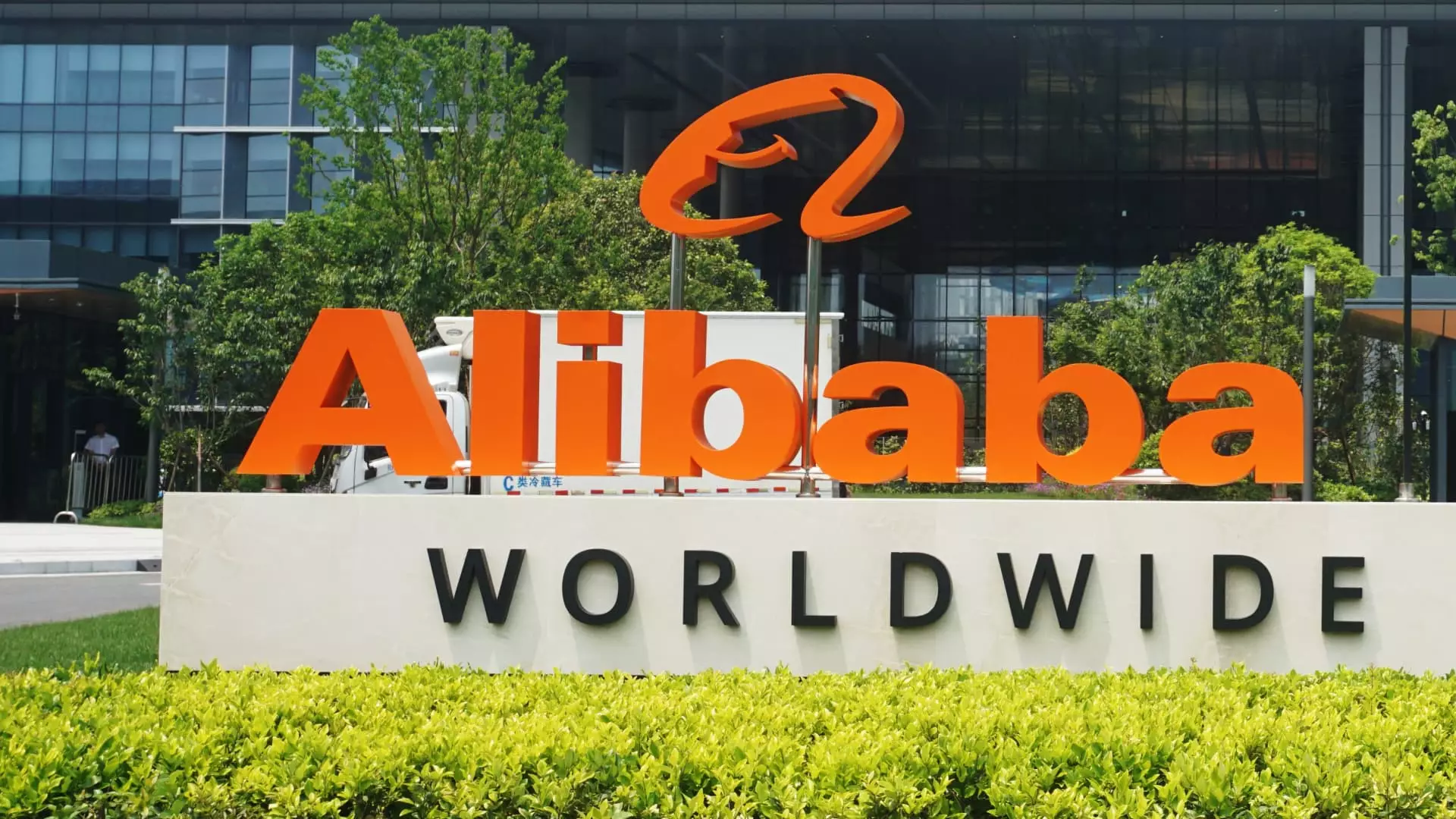In a rapidly evolving digital landscape, the ability to communicate across language barriers has become more critical than ever, especially in the e-commerce sector. Recognizing this need, Alibaba’s international division has launched an upgraded version of its artificial intelligence-driven translation tool, Marco MT. The company claims this new iteration outperforms well-known competitors such as Google, DeepL, and ChatGPT, and cites an evaluation carried out by the Flores translation benchmark to bolster its assertion. With over half a million merchant users already utilizing the previous version of the tool, the upgrade promises enhanced functionality aimed at transforming the international trading experience.
At the heart of Marco MT is its reliance on large language models (LLMs), enabling it to comprehend not just the words being translated, but also the cultural and contextual nuances that can significantly impact consumer perception. According to Kaifu Zhang, the vice president of Alibaba International Digital Commerce Group, this strategic focus on context is designed to enhance merchants’ profitability, reinforcing a fundamental ethos at Alibaba: “if the merchants are doing well, the platform will thrive.” This idea places the success of its merchants at the forefront of the company’s business model—recognizing that the better a product is contextualized, the more likely consumers are to engage and make a purchase.
Marco MT supports an impressive roster of 15 languages, including widely spoken ones such as English, Spanish, and Mandarin, as well as languages like Turkish and Ukrainian that are gaining traction globally. This multilingual capability not only opens doors for Alibaba’s merchants in new markets across Europe and the Americas but also aims to solidify their presence in emerging markets—an area where demand for effective translation solutions is particularly high. With recent trends showing a surge in international e-commerce, the ability to effectively communicate product information could be a game changer for these businesses.
Zhang highlighted that many of the top users of AI tools on Alibaba.com are based in developing countries, signifying a potential goldmine for the company’s translation services. This strategic move aligns with a larger trend of Chinese firms, including strong entrants like PDD Holdings’ Temu and TikTok, diversifying their offerings on international platforms like Amazon.
A critical feature of the Marco MT enhancement lies in its focus on meaningful translation rather than direct word-for-word accuracy. Zhang provided an illustrative example of how a colloquially phrased product description might alienate English-speaking customers if strictly translated. By employing an AI translation tool that grasps the essence of cultural language, Alibaba aims to ensure that product descriptions resonate with the intended audience, thereby encouraging purchases.
Moreover, the release of Marco MT comes at a strategic time, coinciding with Alibaba’s annual Double 11 shopping festival on November 11. Zhang believes that the refined translation capability will significantly enhance customer experience during this crucial event, allowing for more relatable and engaging product descriptions and promotions.
Alibaba’s international business portfolio includes platforms such as AliExpress and Lazada, which significantly cater to Southeast Asian markets. In the last reported quarter, the international division showcased a 32% year-on-year sales growth, a noteworthy accomplishment compared to the 1% decline in sales seen in Alibaba’s domestic platforms, Taobao and Tmall. This contrast hints at shifting dynamics in the e-commerce landscape, driven by merchants increasingly eyeing global markets for expansion.
Analysts project that Alibaba’s international revenue will see continued growth, albeit slightly less robust than earlier periods. Nonetheless, the narrowing of operational losses points to a strategic realignment focusing on sustainable growth—an area where tools like Marco MT can play an integral role by equipping merchants with the language tools they need to thrive in a global marketplace.
As Alibaba continues to innovate, its latest AI-driven translation tool underscores a commitment not only to technological advancement but also to a customer-first approach in e-commerce. By enhancing accessibility through better communication, Alibaba is paving the way for merchants to tap into global markets more efficiently than ever. The success of Marco MT may very well determine how well Alibaba can keep pace with the rapidly evolving demands of international e-commerce, making it a pivotal player in the digital economy of the future.

